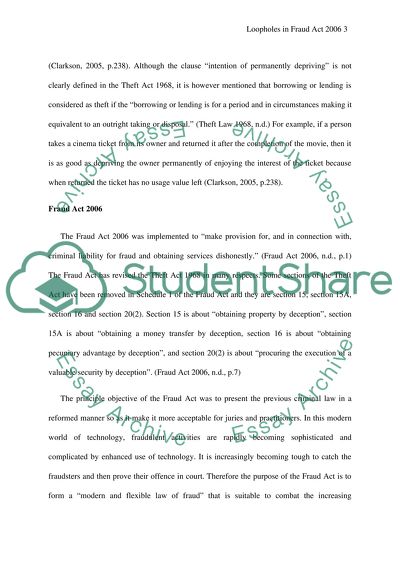Cite this document
(“CRIMINAL LAW 2 Essay Example | Topics and Well Written Essays - 1250 words”, n.d.)
Retrieved from https://studentshare.org/law/1468799-criminal-law
Retrieved from https://studentshare.org/law/1468799-criminal-law
(CRIMINAL LAW 2 Essay Example | Topics and Well Written Essays - 1250 Words)
https://studentshare.org/law/1468799-criminal-law.
https://studentshare.org/law/1468799-criminal-law.
“CRIMINAL LAW 2 Essay Example | Topics and Well Written Essays - 1250 Words”, n.d. https://studentshare.org/law/1468799-criminal-law.


